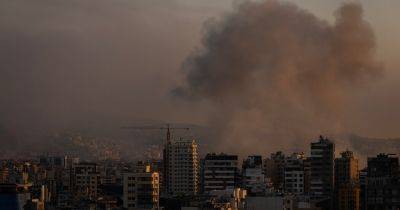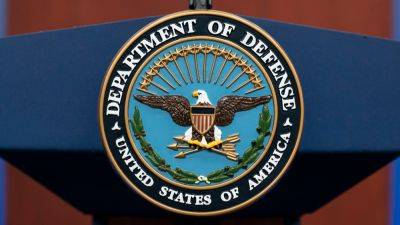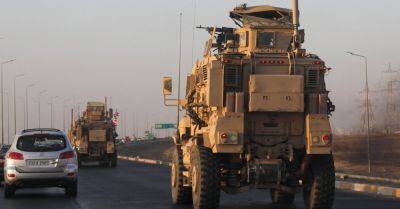Conflict in the Middle East is spreading. Is a wider regional war imminent?
The war in the Middle East appears to be widening, almost one year after Hamas launched its attack on Israel.
This comes after Iran launched a major missile strike that targeted sites across Israel, while Israel's air defenses attempted to shoot down the incoming fire, Israeli officials said.
NPR's Hadeel Al-Shalchi and Greg Myre reported that Iran has claimed the missile attack was in response to the assassination of Hezbollah's leader, Hassan Nasrallah.
Nasrallah was killed in an Israeli airstrike in Beirut Friday, which killed 39 people, according to Lebanese health officials.
There was no immediate word on casualties or the amount of damage caused by the Iranian attack on Tuesday night.
Al-Shalchi and Myre also reported that Israeli airstrikes across Lebanon have killed more than 1,000 people in the past two weeks and forced many civilians to flee their homes, according to Lebanon's Health Ministry. The strikes have targeted Hezbollah and its weapons, killing Nasrallah and several other top officials, as well as many civilians.
You're reading the Consider This newsletter, which unpacks one major news story each day. Subscribe here to get it delivered to your inbox, and listen to more from the Consider This podcast.
Iran's strategy.
For more on what might unfold from here, Consider This host Ailsa Chang spoke with General Frank McKenzie, the retired Commander of United States Central Command.
Chang asked him if he had a sense of Iran's calculations, in launching Tuesday's attacks, and what it all might mean for the wider region.
"The long term goal of all Iranian foreign policy is regime preservation. They want to preserve the clerical regime. They don't get themselves into a situation where that regime is actually subject







